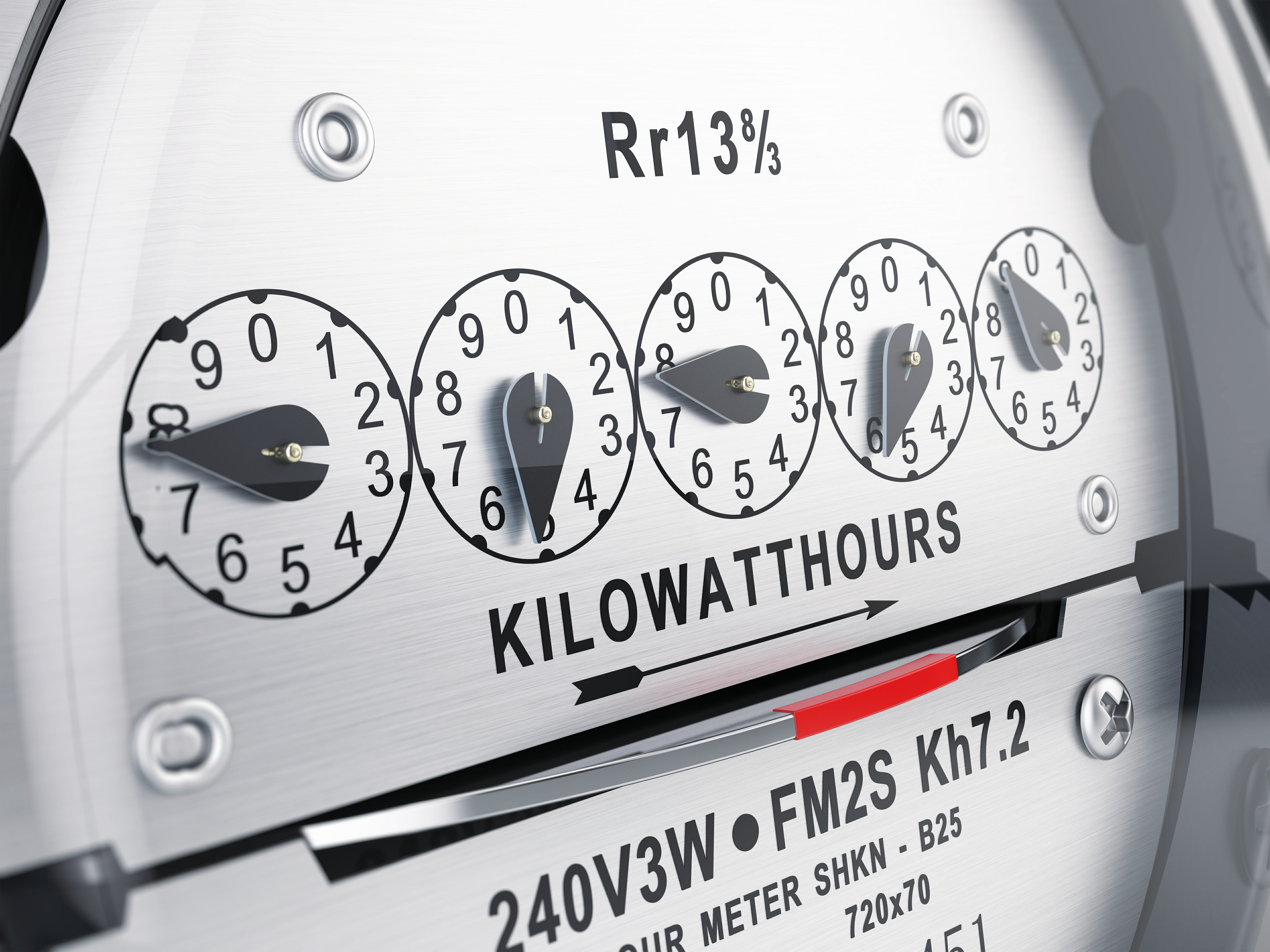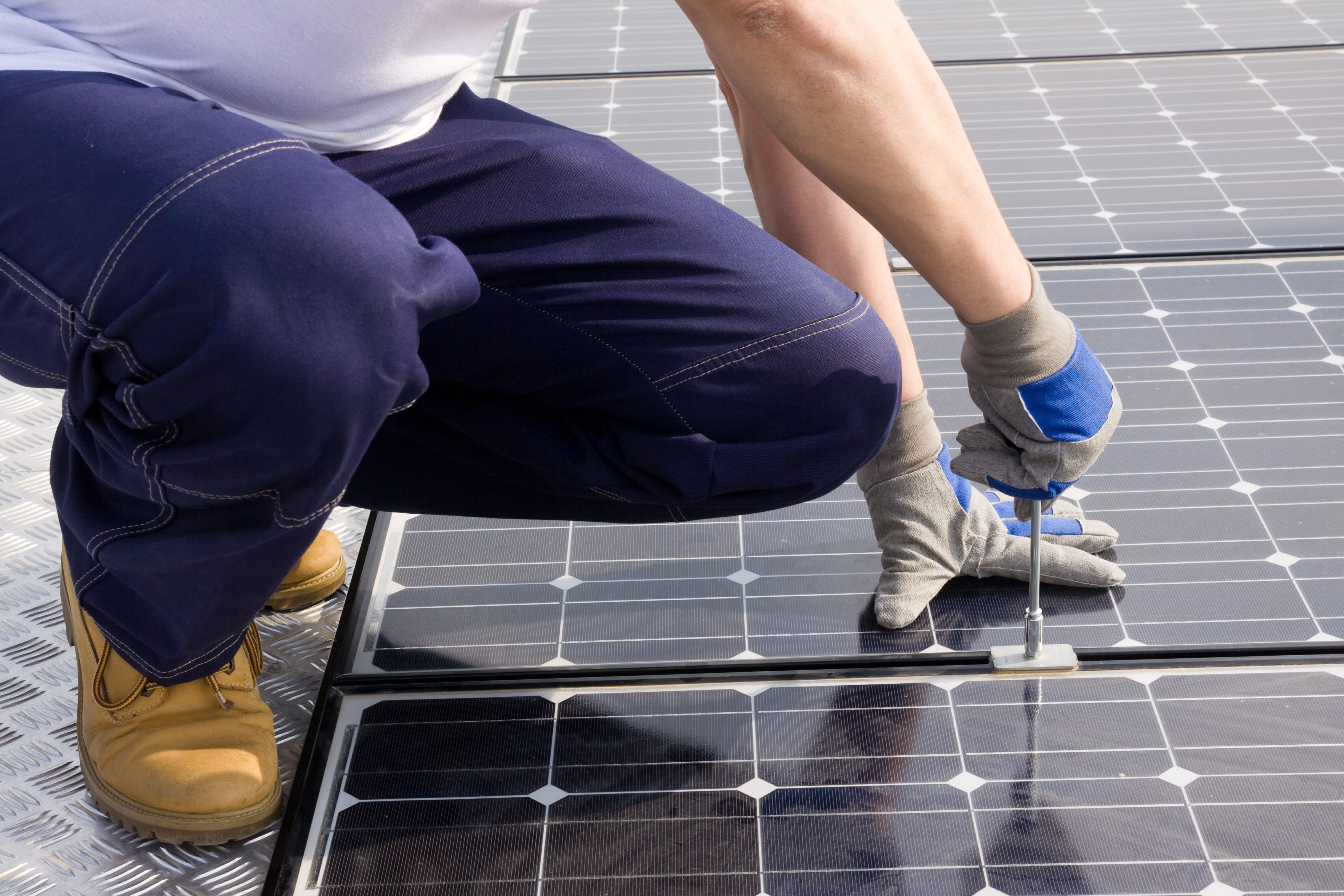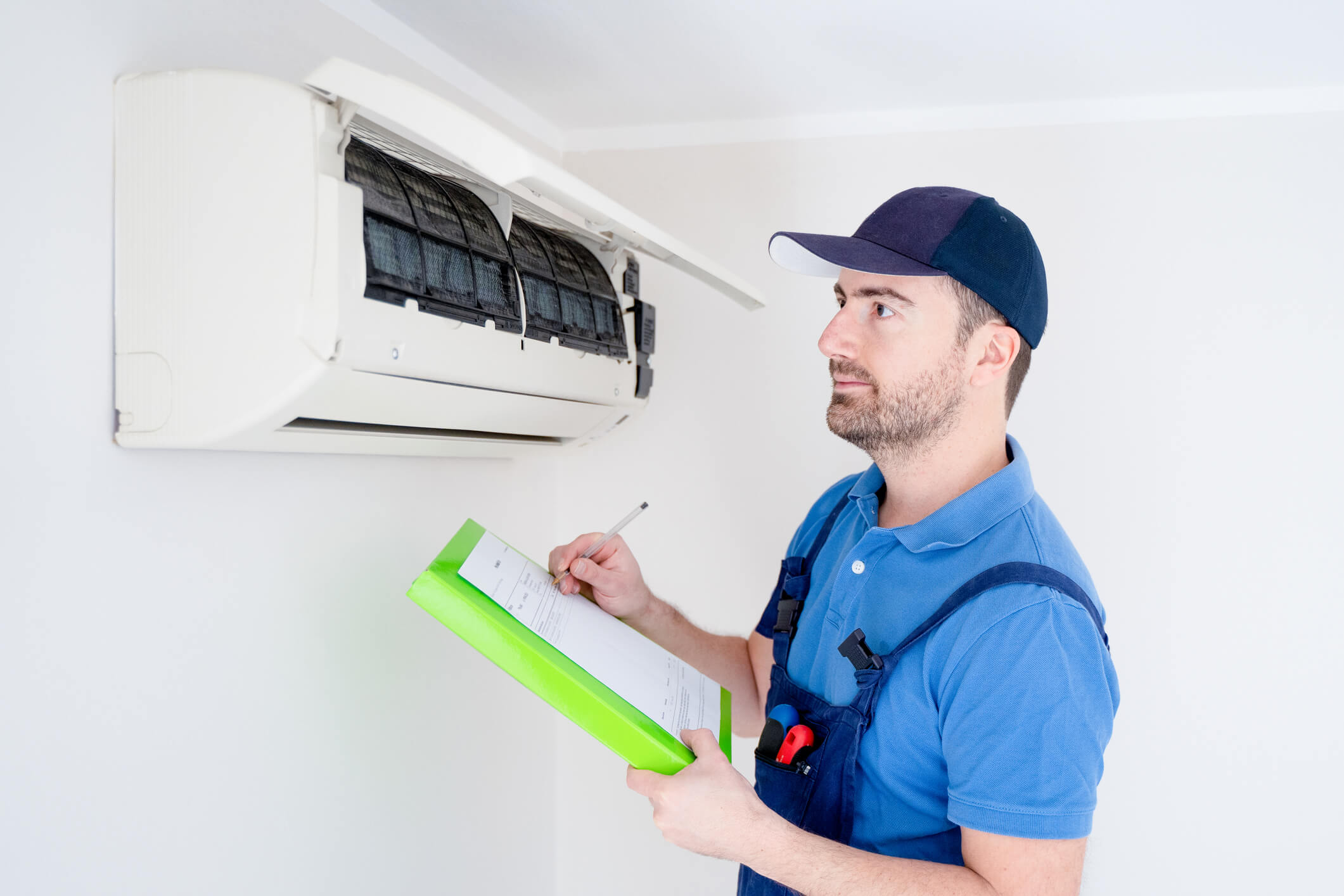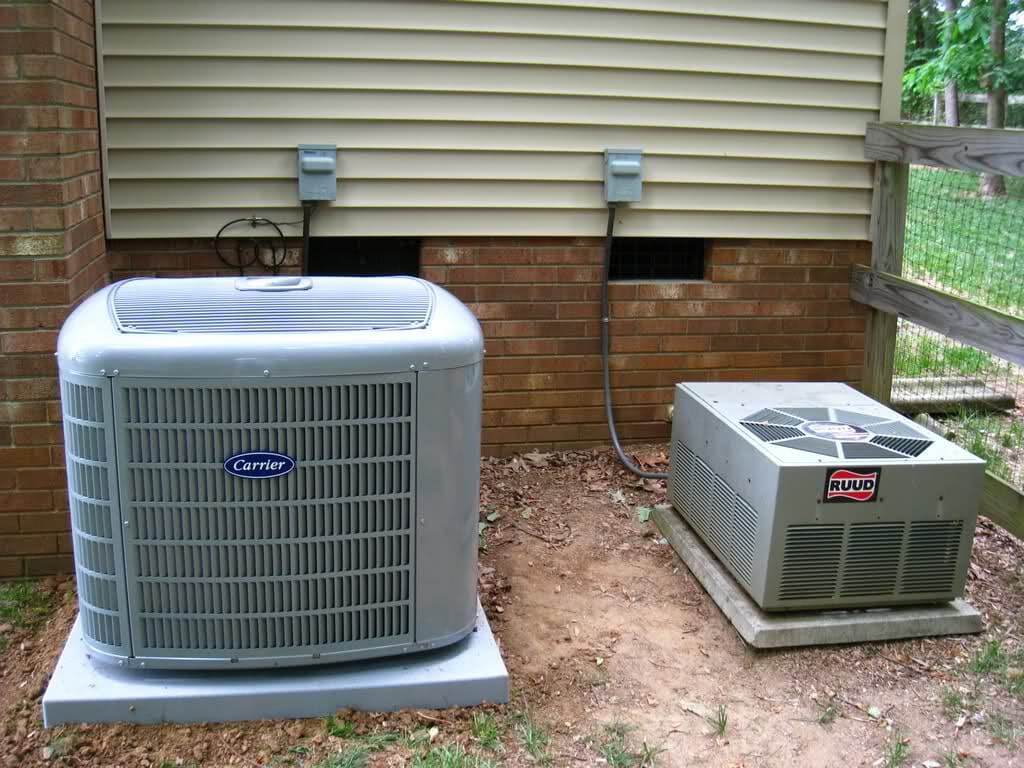Are you doing a solar project?
Modernize can pair you with three to four pros in your area, so you can compare options and save time and money.
Rebates, incentives, and loan programs, oh my! When it comes to solar energy and other home efficiency updates, there’s a dazzling variety of ways to save. Your choices range all the way from federal tax incentives right down to rebate programs from your local energy provider.
In fact, you could have hundreds of different programs at your disposal to make efficiency improvements more affordable. In the state of California, for instance, over 180 different efficiency initiatives exist for businesses and homeowners hoping to change their energy use.
While that’s good news for your pocketbook, it may make planning your improvements just a little bit overwhelming. Typically, you need to understand program details before you apply so your equipment meets those parameters.
So where can you go to read up on energy policies, programs, and details? The answer is DSIRE, the Database of State Incentives for Renewables and Efficiency.

What Exactly Is DSIRE?
First a little backstory: in 1995, the North Carolina Solar Center at NC State University created the, now operated through a partnership with the US Department of Energy. Collectively, it stands as the most comprehensive collection of policy, initiatives, and financial programs for efficiency updates in the nation. The entries encompass not just those initiatives offered by the government, but by local electric companies, as well.
The database allows you to search through policies and incentives by state and zip code. That means you can narrow it down to exactly those options that apply to your area. And it lets you see at a glance what kind of type of update each program applies to, whether it’s residential solar energy systems or an energy efficiency tax credit.
How Do I Use the Database?
The best way for a homeowner to use the database is to enter your zip code in the zip code search bar. The results will show you all the incentive programs active in your area, both at the state and national level. It will also list each program’s “category”—whether the entry qualifies as a financial incentive or a regulatory policy.
Regulatory policies typically recount legislation passed around efficiency equipment. These include laws like solar easements, which require homeowners’ associations and local governments to allow residential solar equipment on area homes. They may also encompass things like licensing requirements for solar installers, or connection standards for electrical equipment. Or, laws requiring state energy providers to offer credit programs, like net metering.
Find the Right Contractor for Your Solar Project
Whether you’re ready to begin your project now or need some expert advice, our network of contractors are here to help. With a few simple questions, we’ll find the best local professionals for you
While it’s useful to know about regulatory policies, the entries in the financial incentive category most homeowners probably care more about the financial incentives. These initiatives earn you money for your energy efficiency purchases.
But not every financial incentive will apply to you. Zip code searches return commercial, government, nonprofit and residential programs into the same results. Therefore, it’s helpful to use the Apply Filter button to further narrow your list of entries. Under the list that pops up, click on the Categories option, and then select Financial Incentives.
You can then limit your options further to really hone in on your choices. One of the most useful ways to go about this is to use the Implementing Sector. That way, you can tell if the program is offered by a local government, by your state, or by a participating utility provider.
What to Look for in Individual Entries
When you click on an entry to get more information, you’ll find the program specifics and amounts, as well as who administers the program, and who can apply for it. It also calls eligibility requirements, such as size restrictions on renewable energy systems, or installation guidelines for energy equipment.
In particular, pay attention to the Applicable Sectors listing for the entry. If you don’t see the word Residential in the box next to it, it means you can’t apply for this incentive for your home.
Also check out the Eligible Technologies box. Some programs may be just for efficiency improvements, like new water heaters or HVAC. Others apply just to a single renewable technology, like a solar hot water heater, or a geothermal energy system.
If the program looks like a good fit, click on the Website link to learn more. In many cases, you’ll be directed to an online application that can get the process started today. If you’re serious about solar or other energy efficiency updates, it never hurts to get your application in early. That way you can apply before you make an equipment purchase, which is great, since it can sometimes take months to get your application approved.
Of course, if you want to know how much you’ll actually save once your equipment’s installed, you may have to get more specific than this. To visualize your home’s actual energy potential and get a customized quote using your area’s average electricity use, visit Modernize’s Solar Cost Calculator. Armed with a full database of solar incentives and policies, solar can be a snap.
Find the Right Contractor for Your Solar Project
Whether you’re ready to begin your project now or need some expert advice, our network of contractors are here to help. With a few simple questions, we’ll find the best local professionals for you
Reviews from Real Homeowners
Welcome to Homeowner Resources! We are the Modernize blog. Modernize pairs more than 3 million homeowners a year with pre-vetted contractors in their area. This blog started because we believe homeowners should know everything about their homes, from how their HVAC works to which front door colors they might love. On Homeowner Resources, you can find information on every part of your home, right down to how you can negotiate with contractors to get the best price. Here's more about the blog.
Need a contractor? Learn more about how Modernize finds the right pro for you.



